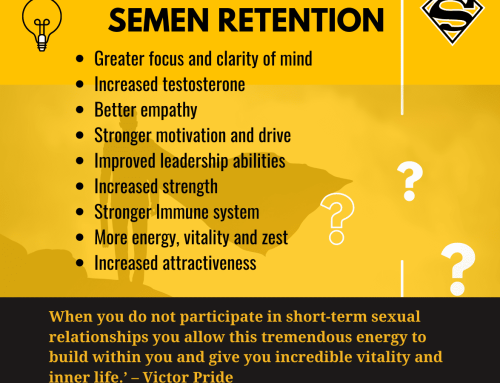I have worked as a business leader in a variety of industries for nearly 15 years. This has been long enough to help me combine early academic learning on management and leadership theory with the experience that often challenges theoretical knowledge and always brings fresh perspectives to ‘established thinking’.
I had always thought myself a relatively strong leader, but as I progressed along the career ladder, I realised that my management qualifications and experience were only taking me so far. Try as I might, there were various blockers that were preventing me from becoming the type of leader I dreamed of being – one that would inspire and motivate others, to encourage them to be their best and to become trusted and respected within the organisation as a person who helped others to achieve their goals.
Happily, as it so often turns out in life, when you realise you have a problem, the universe provides a teacher to help you through it. My breakthrough came in the form of mindfulness training. A short module on a management refresher course piqued my interest sufficiently to learn more about the topic. Although notoriously hard to define, I found that the very concept of mindfulness was naturally intuitive – that ability to truly ‘be’ in the moment, perhaps in the way we are most naturally as children, noticing everything happening both within us and around us.
What I hadn’t anticipated was the power that this simple concept of mindfulness could have on my leadership style and my life as a whole. These are just five ways in which a new-found appreciation of mindfulness helped me to grow closer to my goals.
1. It made me slow down
Mindfulness is essentially slow. So much of my working life was spent dashing from one task to another like a hamster in a wheel! This spilled over into my personal life too and I equated ‘being busy’ with being productive and demonstrating achievement. All that was actually happening, of course, is that I was frantically dipping into lots of different things and failing to wholly deliver very much at all. As someone who isn’t a natural completer-finisher, I always had a growing to-do list and grew frustrated with others when I failed to delegate properly or realised that I wasn’t achieving what I hoped to. By bringing mindfulness into my daily practice, I could slow down and breathe. By doing this, I could start to think carefully about what was really important and to brush away distractions. Alongside mindfulness, I incorporated small and supporting steps, such as a paper bullet journal and the determination that I would achieve just three important things each day – and achieve them fully. All of a sudden, my working life became more strategic and purposeful, and less frenetic, and my team began to appreciate my clarity of direction and stronger focus.
2. It made me really listen
As a rushed and frenzied leader, I tended to become bored when others came to me with concerns or questions that I found to be distracting or irritating. By failing to truly concentrate on what they were telling me, I failed to really engage with certain co-workers or employees that I didn’t ideally connect with. By that, I mean people who were not exactly like me! This ‘clone effect’ is a hugely dangerous one in any business and prevents us from embracing the necessary diversity that creates true innovation and creativity. Mindfulness helped me to haul my mind into the present and to switch off the competing thoughts that distracted me. If a team member came to see me while I was thinking about something, I either scheduled in time with them or made a note of my thoughts and cleared my mind. I was welcoming and began to really listen. By doing this, my relationships and conversations became more meaningful and effective. By truly listening, I could better advise and manage.
3. It made me more empathetic
The process of mindful listening also helped me to put myself in other people’s shoes and to understand where they were coming from. It helped me to consider their feelings and the context of their work and own priorities and to focus on how I could help them to achieve their own goals. This vastly improved my working relationships and helped others to warm to me – and want to do great work for me.
4. It helped me to relax
My frenzied style of working had made me brittle and tense and this rubbed off on my team. By adopting mindfulness and supporting practices such as walking meditation on my lunch break, I became calmer and less likely to react to situations with knee-jerk emotions. This helped my team to become calmer and more confident; anticipating a more measured and helpful response when problems did occur, and to know that they would be supported and helped – rather than judged and criticised.
5. It helped me to rediscover my passion
Crucially, mindfulness helped me to reconnect with my goals and passion for the work I do and to help others develop. Rather than becoming mired in internal politics and processes, I focused on my strengths, identified weaknesses to further develop and came to revel in the joy of my work and my purpose once again. This helped me to become a more energised, authentic and happy leader which naturally made me a better one.
All of this from simply slowing down, reflecting, being aware and starting to really examine the complex reactions, feelings, contexts and experiences that work beneath the surface and affect us every day. It is an ongoing process and I will continue to use my mindfulness awareness and supporting practices to develop and learn each day. But now, each day I feel excited, energised and ready for the day’s challenges and opportunities – and excited about becoming the best leader I can be. That’s a change, and one I celebrate.




